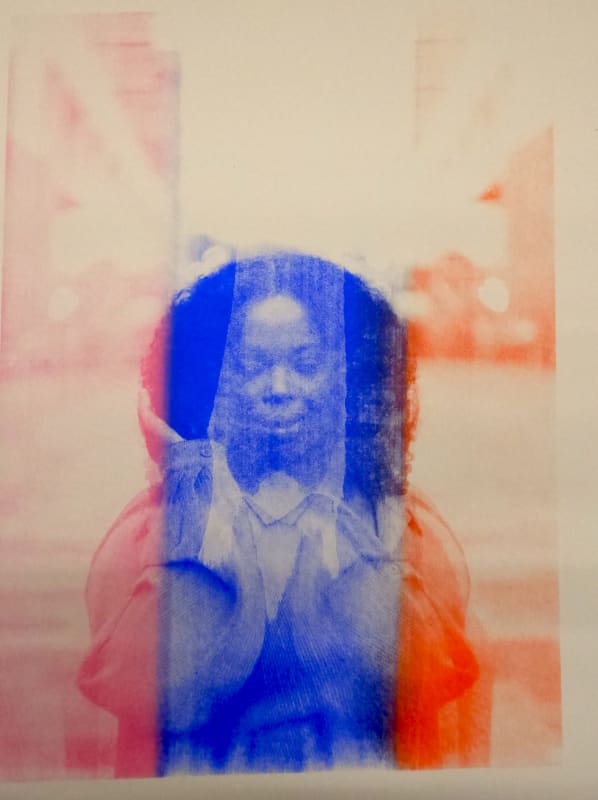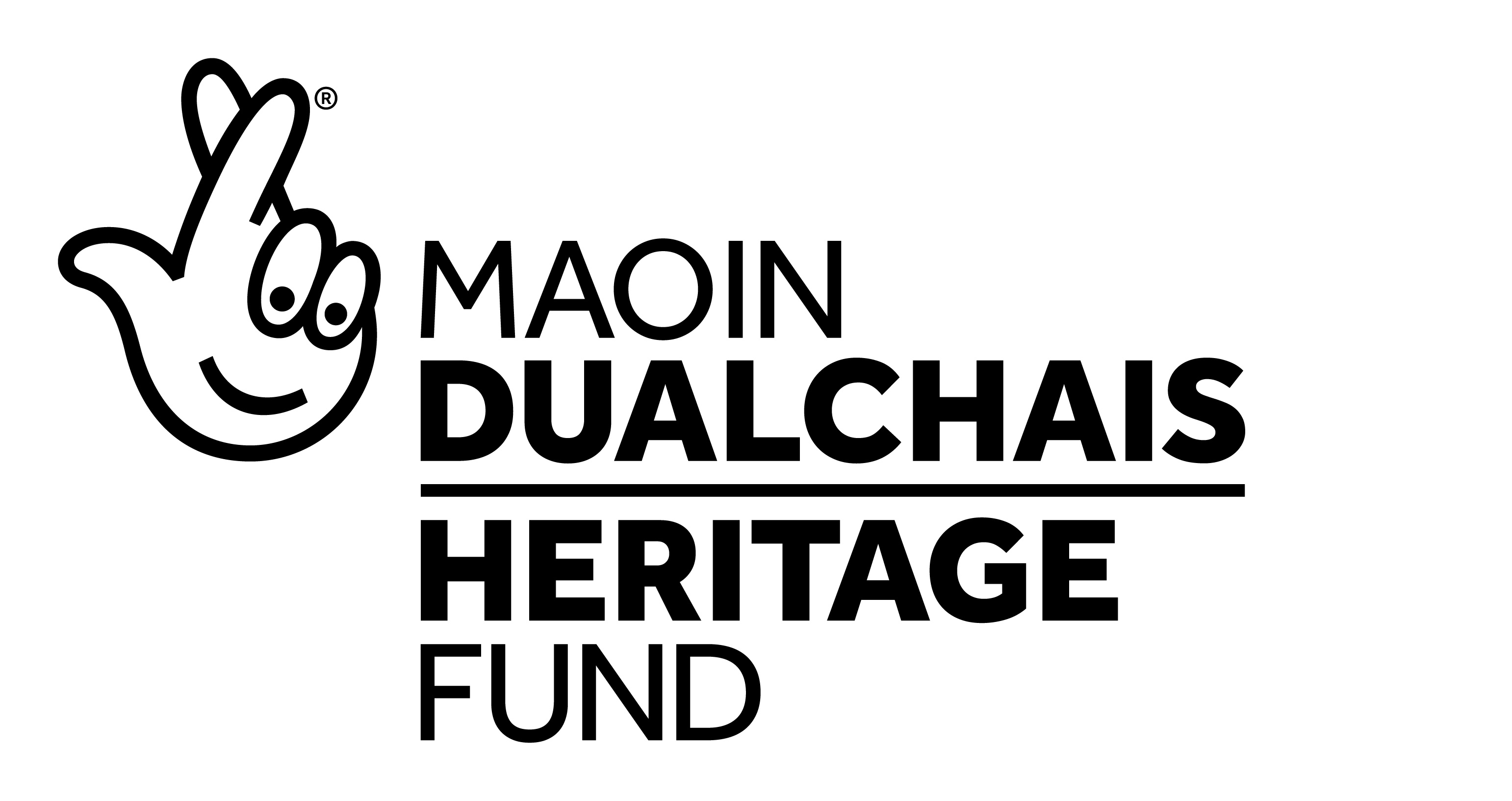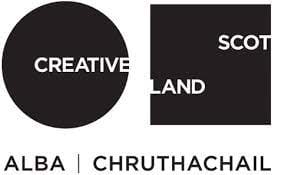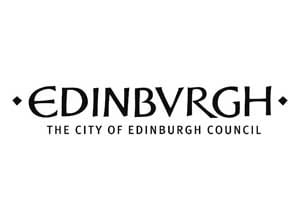Najma Abukar's multidisciplinary practice weaves photography, visual arts and storytelling to develop empathetic and vibrant artworks that are built on intimate dialogues with her subjects. Some of her previous projects include: a crockery set commissioned for the city of Glasgow; different storytelling work that combines interviews and photography to enable a mutual exploration with close friends, fellow artists and others of issues of migration, belonging and mental health; and a collection of portraits of women taken while interpreting lines from Nina Simone's song 'Four Women.'
During her residency at Edinburgh Printmakers Najma made a series of screen-printed artworks, supported by James Harrison, which saw her experimenting with different scales and ink combinations, and printing on different paper stocks as well as on fabric. Najma used a wide variety of source images for these prints, from Polaroid portraits of women from a new project exploring the theme of love, partly influenced by bell hook's writing and which she continued developing while in Edinburgh, to stills from Najma's first artist film shot earlier this year. Screen-printing brings a lyrical quality to Najma's photographic work, opening up new ways of conveying the emotional layering of the experiences shared by participants and her connection to them. Najma also printed smaller works using letterpress, which playfully draw out the expressiveness of word combinations in Somali and English.
Residency dates: 30th Aug to 23rd Sep 2022
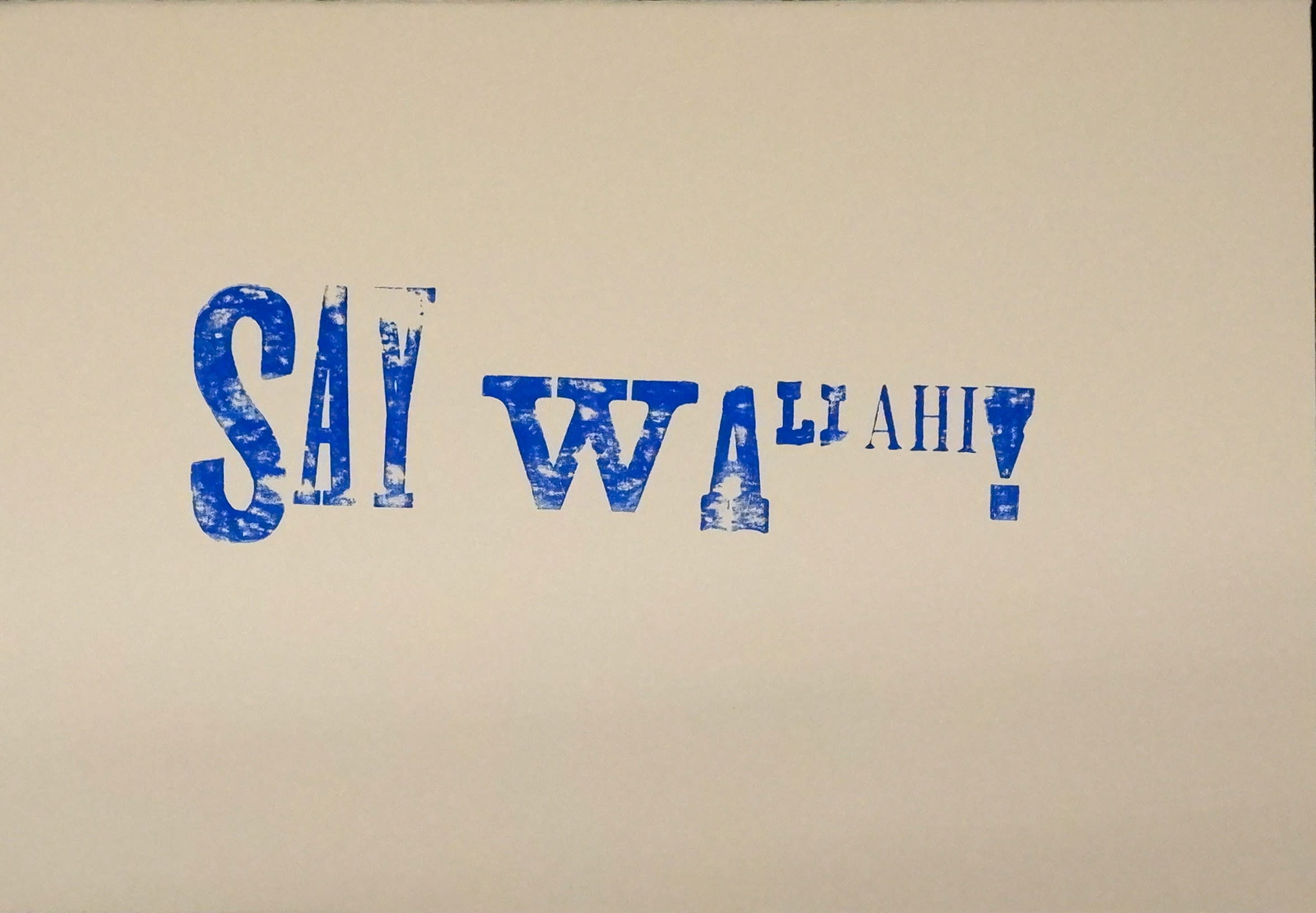
Najma Abukar is a Somali born, Glasgow based photographer documenting cultural and gender identities, the African diaspora, and immigrant experiences. She is passionate about curating, archiving, and re-focusing the untold narratives of those underrepresented and marginalized. Being a first-generation migrant woman of African heritage, her photographic body of work focuses on the strife and resilience of the Other. Najma's practice is concerned with issues of identity, belonging and (self) representation within the Scottish landscape.
